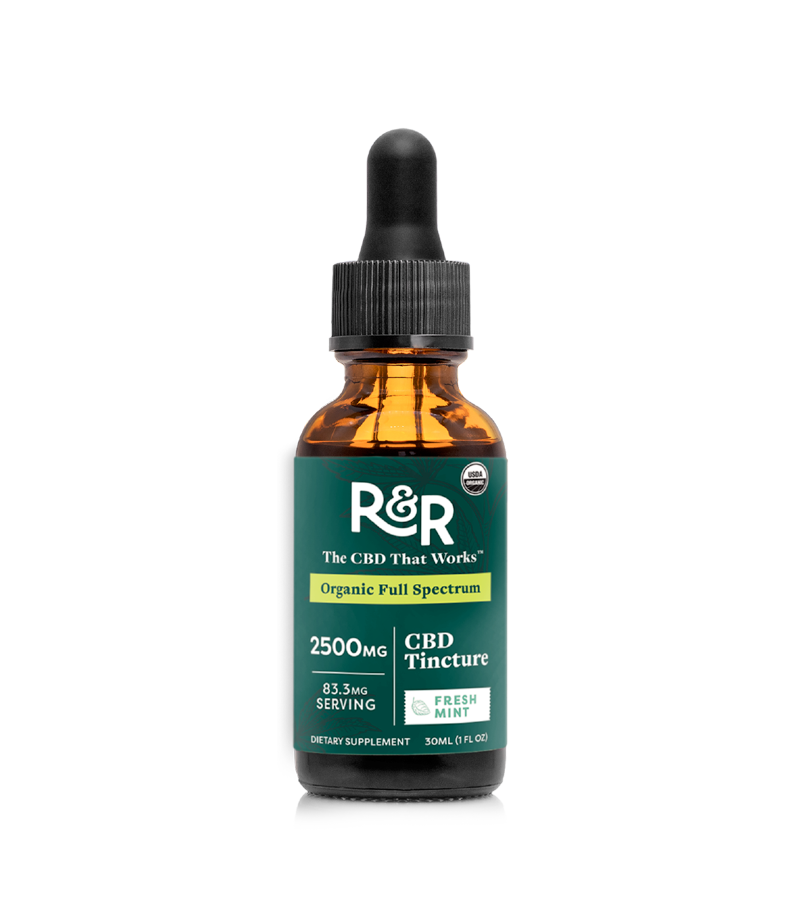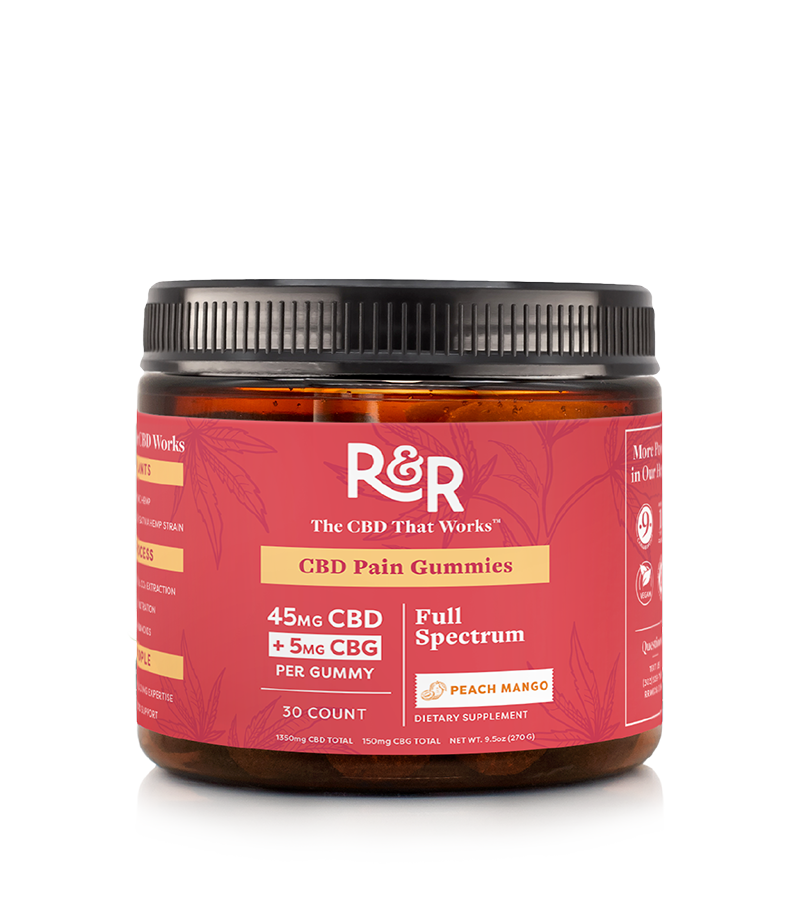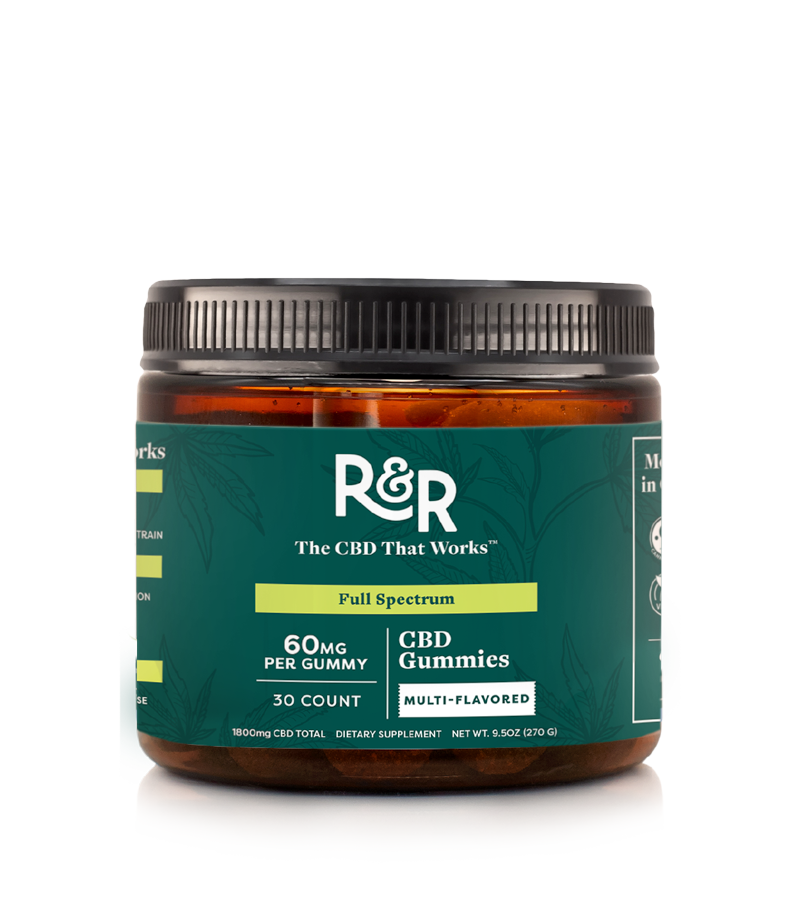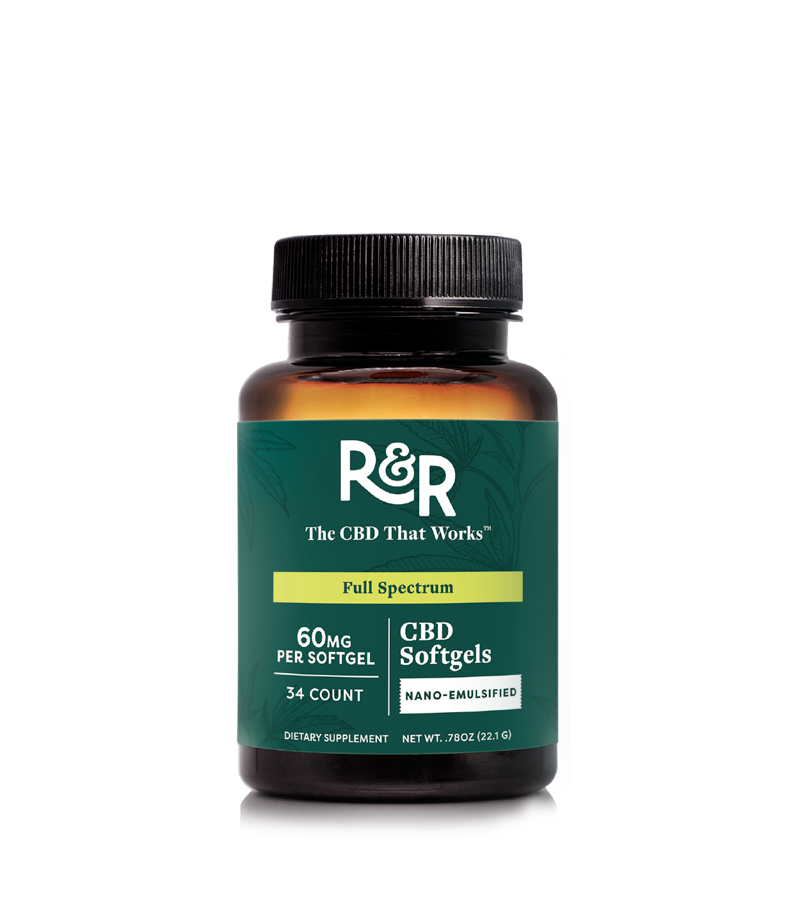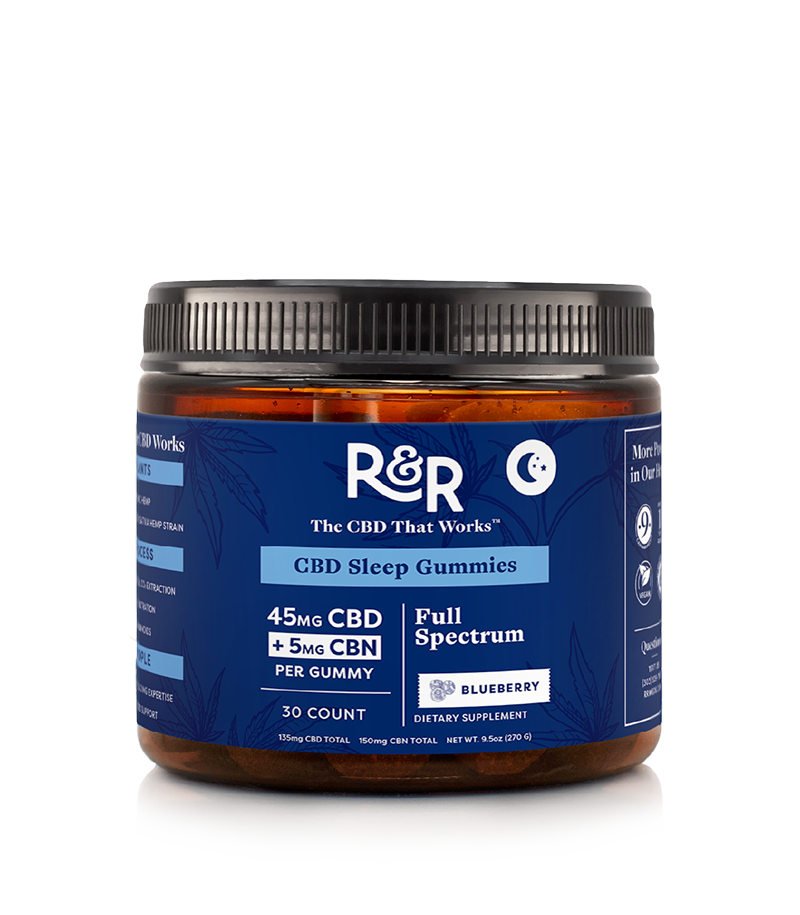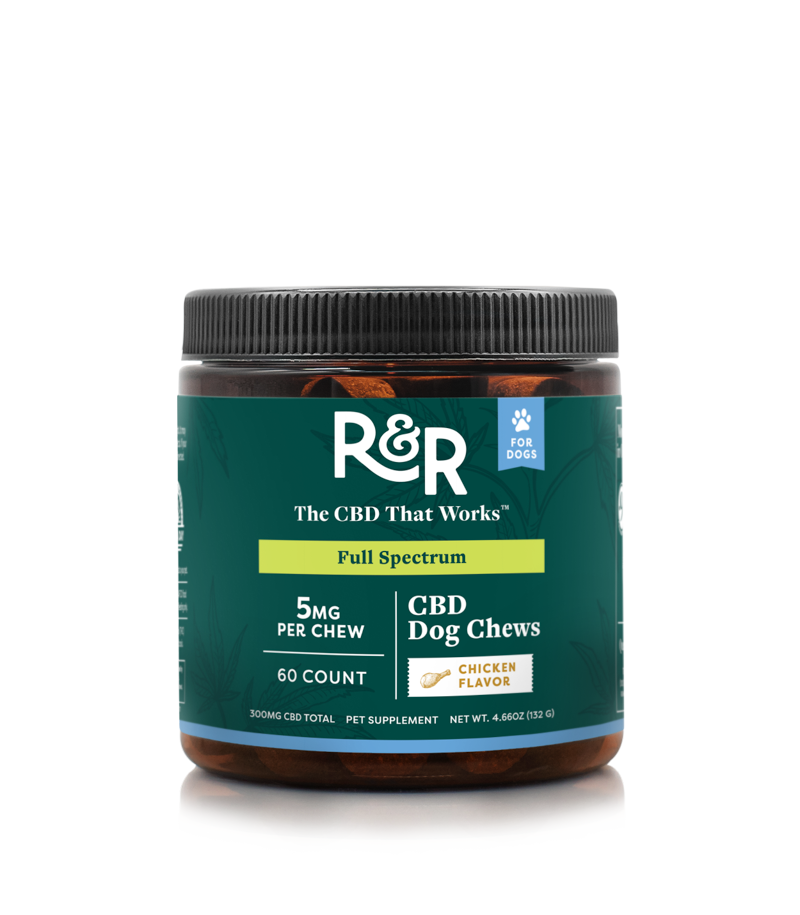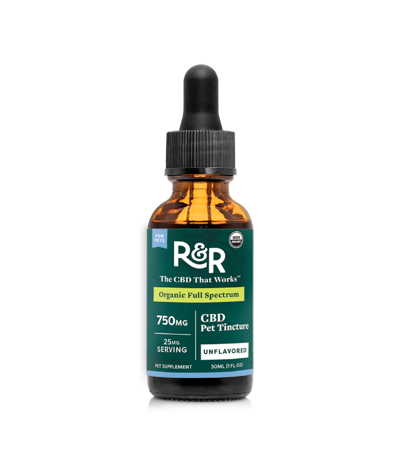Constipation isn’t just an occasional inconvenience—it’s a silent disruptor that affects millions worldwide. It often lurks behind fatigue, discomfort, and a host of unexplained symptoms. Imagine your body’s natural rhythm thrown out of sync, leaving you feeling sluggish and weighed down.
From diet to stress, even seemingly minor lifestyle habits can play surprising roles in this common yet often misunderstood condition. But beyond the bloating and irregularity lies a fascinating interplay of gut health, microbiome balance, and modern living.
So, what’s really happening when your system slows to a crawl? While there are many remedies for constipation, CBD has recently gained attention as a natural remedy that may provide relief. Here’s how.
Key Takeaways
-
Constipation is characterized by infrequent bowel movements, hard stool, and abdominal discomfort.
-
It’s often caused by factors such as low fiber intake, dehydration, stress, certain medications, or underlying health conditions.
-
CBD interaction with the ECS could reduce gut inflammation, regulate intestinal muscle contractions, and alleviate stress and anxiety—key contributors to constipation.
-
CBD products, including oils, gummies, capsules, and suppositories, offer options for managing constipation.
What Is Constipation?
Constipation is a digestive disorder characterized by infrequent bowel movements or difficulty passing stool. When you're constipated, your stool may be hard, dry, and painful to pass out.
Constipation can cause significant discomfort and even lead to complications if left untreated. It's a common issue that affects people of all ages, but it's more prevalent in older adults and those with certain medical conditions.
Symptoms of Constipation
The most common symptoms of constipation include:
-
Having fewer than three bowel movements per week
-
Straining to pass stool
-
Feeling like you haven't completely emptied your bowels
-
Experiencing abdominal pain or bloating
-
Passing hard, dry, or lumpy stool
If you experience these symptoms consistently for several weeks, you may have chronic constipation, which can interfere with your daily life and lead to complications such as hemorrhoids or anal fissures.
Causes of Constipation
There are many potential causes of constipation, including:
-
A low-fiber diet
-
Dehydration
-
Lack of physical activity
-
Certain medications (such as opioids or antidepressants)
-
Medical conditions (such as hypothyroidism or diabetes)
-
Changes in routine or travel
-
Stress or anxiety
In some cases, constipation may be a side effect of a more serious underlying health condition, such as colorectal cancer or Parkinson's disease. If you experience severe or persistent constipation, speak to a healthcare provider.
How Does CBD Interact with the Digestive System?
CBD, or cannabidiol, is a compound in the cannabis plant that has gained attention for its potential health benefits, including the ability to interact with the digestive system.
CBD’s magic stems from its interaction with the body's endocannabinoid system (ECS). This complex network of receptors and neurotransmitters helps regulate various functions, including digestion, mood, sleep, and pain sensation.
The ECS has two primary receptors: CB1 and CB2. CB1 receptors are primarily found in the central nervous system, while CB2 receptors are more abundant in the immune and gastrointestinal systems.
One reason CBD may help with constipation is that it’s anti-inflammatory. Inflammation in the gut can contribute to digestive issues, including constipation. CBD may ameliorate inflammation by promoting CB2 receptor activity in the gut, thus helping to alleviate symptoms of constipation.
CBD may also help regulate bowel movements by influencing the contractions of the intestinal muscles. A 2016 study published in the journal Gastroenterology found that CBD reduced intestinal motility in mice, suggesting it may help to alleviate diarrhea and promote regular bowel movements.
Additionally, CBD exhibits excellent anti-stress and anxiety effects. Given that stress and anxiety can be contributing factors to digestive issues like constipation, CBD may indirectly support healthy digestive function by promoting relaxation and reducing stress.
While more research is needed to fully understand the mechanisms behind CBD's effects on the digestive system, current evidence suggests that CBD may be a natural, safe option for managing symptoms of constipation.
Can CBD Cause Constipation?
The relationship between CBD and constipation is somewhat paradoxical. While CBD is known to slow down the movement of food through the digestive system, which could potentially worsen constipation, it may also help alleviate this uncomfortable condition.
Cannabis Use and Gut Health
A 2019 study established a relationship between recreational marijuana use and bowel motility. The findings indicated a lower prevalence of constipation in recreational users compared to non-users.
However, cannabis contains many cannabinoids, predominantly THC and CBD, so it’s not clear which cannabinoid (or combination of cannabinoids) was responsible for the findings.
CBD's Potential to Improve Digestive Symptoms
Despite the potential for high doses to negatively impact gut health, CBD shows promise in managing various digestive symptoms.
It's worth noting, however, that individual responses to CBD can vary, and factors such as dosage, delivery method, and overall health can influence how it affects your digestive system.
For newbies, it’s advisable to consult a healthcare professional to determine the appropriate dosage and ensure CBD is safe for your situation.
CBD Products for Constipation Relief
If you're interested in trying CBD to help manage your constipation symptoms, there are several product options available.
CBD Oil and Tincture
CBD oil is a versatile and popular CBD product. It's made by extracting CBD from the hemp plant and diluting it with a carrier oil, such as coconut or hemp seed oil.
To use CBD oil, place a few drops under your tongue and hold for 30-60 seconds before swallowing. This allows the CBD to be absorbed directly into your bloodstream, providing faster relief.
You can also add the oil to food or beverages, although this method may take longer to produce effects since the CBD must pass through your digestive system first. However, the effects last longer.
R&R offers full-spectrum and broad-spectrum Multifunctional CBD Tinctures in varying potencies. These Tinctures are also available in Flavored and Unflavored versions to appeal to a broad range of taste preferences and provide quick relief.*
CBD Gummies
CBD gummies are a convenient and tasty way to consume CBD. They're made by infusing CBD into gummy candies, which can be easily dosed and taken on the go.
When choosing CBD gummies, look for products that contain high-quality, organic ingredients and have been third-party tested for purity and potency. Avoid gummies that contain artificial colors, flavors, or preservatives, as these may further irritate your digestive system.
R&R’s Multifunctional CBD Gummies are available in full-spectrum and broad-spectrum versions. These Gummies pack CBD concentrations ranging from 30 to 90mg per gummy, making them easily the most potent CBD Gummies on the market.
What’s more, our specialty Gummies (e.g., De-Stress Gummies, Sleep Gummies, and Pain Gummies) contain other cannabinoids, like CBN, CBG, and a host of minor cannabinoids, to ensure they are effective at providing relief from the problems holding you back from living exactly how you want and deserve.*
CBD Capsules
CBD capsules are another easy and discreet way to take CBD for constipation. They're made by encapsulating CBD oil in a gelatin or vegetable-based capsule that can be swallowed with water like any other pill.
Capsules offer a pre-measured dose of CBD, making it simple to track your intake and adjust as needed. They're also flavorless and odorless, which may be preferable if you dislike the taste of CBD oil.
When selecting CBD capsules for constipation, opt for full-spectrum or broad-spectrum products that contain additional beneficial compounds from the hemp plant, such as terpenes and other cannabinoids. These compounds work together to enhance the effects of CBD, a phenomenon known as the entourage effect.
The good news is that R&R offers full- and broad-spectrum Multifunctional CBD Softgels to help alleviate common health and wellness symptoms like stress, pain, and sleeplessness.*
Designed for time-release effects, these Softgels keep the benefits coming all day and night, especially with consistent dosing, since CBD builds up in your system over time, giving you the greatest effects the more you take.*
CBD Suppositories
CBD suppositories are a less common but potentially effective option for managing constipation. They're designed to be inserted rectally, allowing the CBD to be absorbed directly into the bloodstream through the rectal mucosa.
Suppositories may be helpful for those with severe constipation or difficulty swallowing oral CBD products. They can provide localized relief to the affected area and may help relax the muscles of the rectum and anus, making it easier to pass stools.
However, CBD suppositories are not as widely available as other CBD products. They also require more preparation and may be uncomfortable for some users.
Tips for Using CBD to Manage Constipation

When incorporating CBD into your constipation management routine, start with a low dose (ideally 5-10mg per day). This allows you to gauge your body's response and determine whether or not to proceed with the supplementation.
For predictable results, we recommend using high-quality, third-party-tested CBD products whose purity, potency, and safety are confirmed. Look for products with certificates of analysis (COA) from independent labs, which verify their CBD content and purity/safety.
For even better results, combine CBD with other natural remedies for a multi-faceted approach. For example, you can pair CBD with gut-friendly supplements like probiotics or magnesium citrate to promote regular bowel movements and support overall digestive health.
It’s also vital to hydrate well to prevent and manage constipation. Drink at least 8 glasses of water daily to keep your stool soft and easy to pass. Additionally, incorporate fiber-rich foods into your diet, such as fruits, vegetables, whole grains, and legumes, to add bulk to your stool and promote regular bowel movements.
Regular physical activity also helps stimulate the digestive system and encourage bowel movements. Aim for at least 30 minutes of moderate exercise most days of the week. Exercise helps promote peristalsis, the natural contractions of the intestinal muscles that move waste through your digestive tract.
Can CBD Help with Other Digestive Issues?
CBD's potential benefits extend beyond relief for constipation. It may also help manage symptoms associated with other common digestive disorders, such as:
Irritable Bowel Syndrome (IBS)
IBS is a chronic condition that affects the large intestine, causing symptoms like abdominal pain, bloating, and changes in bowel habits. While the exact cause of IBS remains unknown, stress, gut flora imbalances, and inflammation may play a role.
A 2020 study found that CBD reduced inflammation and improved gut motility in animal models of IBS. It may also help regulate bowel movements and reduce abdominal discomfort associated with IBS.
Inflammatory Bowel Disease (IBD)
IBD is an umbrella term for two conditions: Crohn's disease and ulcerative colitis. Both involve chronic inflammation of the digestive tract, leading to symptoms like diarrhea, abdominal pain, and weight loss.
CBD's anti-inflammatory effects may help manage IBD symptoms. A 2019 review highlighted CBD's potential to reduce inflammation in the gut and improve quality of life for individuals with IBD. Additionally, it may help alleviate pain and promote wound healing in the digestive tract, which are common challenges for people with IBD.
Nausea and Vomiting
Nausea and vomiting are common symptoms associated with various digestive issues. They can also be side effects of certain medications or treatments (e.g., chemotherapy).
A 2011 study found that CBD reduced nausea and vomiting in animal models, suggesting its potential as an antiemetic agent. Additionally, CBD's stress-reducing properties may indirectly help manage nausea and vomiting triggered by anxiety or stress.
What Is the Best CBD Dosage for Constipation?
The optimal CBD dosage for constipation varies from person to person, depending on factors such as body weight, metabolism, and the severity of your symptoms. Your tolerance to CBD and the concentration of CBD in a product also influence the ideal dosage.
When starting CBD supplementation, begin with a low dose. Take this starter dose once or twice daily, depending on the severity of your symptoms. If you don't experience relief after a week, increase the dosage by 5-10mg daily until you find your sweet spot.
Listen to your body and do not exceed the recommended daily dose on the product label. If you experience any adverse effects, such as diarrhea or increased abdominal discomfort, reduce the dose or stop use and consult with a healthcare professional.
When increasing the dose, do so gradually over a few weeks. This allows you to find the minimal effective dose that relieves constipation without causing unwanted side effects.
While CBD is generally well-tolerated and considered safe, it can interact with certain medications, such as blood thinners or antibiotics. Talk to your doctor before using CBD, especially if you have a pre-existing medical condition or are taking any prescription medications.
Is CBD a Safe and Effective Treatment for Constipation?
CBD has shown promise as a natural remedy for common health and wellness issues, but more research is needed to understand its effects on the digestive system.
While research suggests that CBD may help regulate bowel movements and reduce gut inflammation, others show that extremely high doses of CBD could potentially worsen constipation by damaging the gut microbiome.
It's important to note that the studies showing negative effects of CBD on the gut involved doses much higher than what you would typically consume. When used in appropriate amounts, CBD is well-tolerated by most people.
However, CBD may, though rarely, cause side effects, such as:
-
Dry mouth
-
Drowsiness
-
Changes in appetite
-
Diarrhea
These side effects are usually mild and temporary, but if they become persistent or severe, discontinue use and consult a healthcare provider.
While CBD shows potential as a natural remedy for constipation, it should not be used as a substitute for medical treatment. If you have severe or persistent constipation, or if you experience symptoms like abdominal pain, rectal bleeding, or unexplained weight loss, seek medical attention immediately.
Final Thoughts
In addition to using CBD, you can support healthy bowel function by staying hydrated, eating a fiber-rich diet, engaging in regular physical activity, and managing stress levels. Incorporating other natural remedies, such as probiotics or magnesium supplements, may also help promote regularity and alleviate constipation symptoms.
For those seeking natural relief from constipation, CBD offers a promising option. R&R CBD provides high-quality, third-party-tested CBD products that may help regulate bowel movements and reduce digestive discomfort.
Visit our website to learn more about us and our all-natural CBD solutions for better health and overall well-being.
Frequently Asked Questions
Does CBD Have a Laxative Effect?
CBD does not typically have a direct laxative effect. However, some people may experience changes in digestion or bowel movements due to how CBD interacts with the body.
Can CBD Help With Intestinal Problems?
CBD’s anti-inflammatory properties may help with certain intestinal issues by reducing inflammation and relieving symptoms related to conditions like IBS (Irritable Bowel Syndrome).
Is CBD Oil Good for Your Colon?
CBD oil has potential benefits for the colon, particularly in reducing inflammation and promoting gut health.
Does CBD Slow Gastric Emptying?
There is limited evidence to suggest that CBD might slow gastric emptying, but this effect is not commonly reported. CBD does not significantly alter digestion or gastric emptying for most users, though individual responses can vary based on dosage and metabolism.
Sources Used
- Gut Microbiota & Mental Health
- Impact of Diet on Inflammation
- Probiotics & Immune Function
- Microbiome & Chronic Disease
- Serotonin & Gut-Brain Axis
- Cognitive Bias & Decision-Making
- Neurotransmitters & Mood Disorders
- Metabolism & Brain Function
- Inflammation & Mental Health
- Gastrointestinal Disorders Review
- Endocannabinoid System & Health
- CBD: Facts & Safety


















